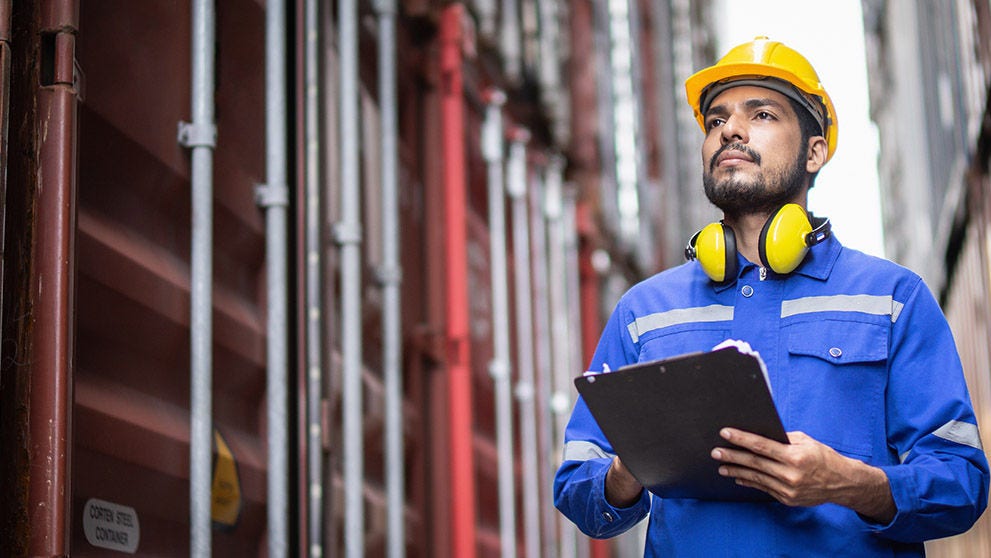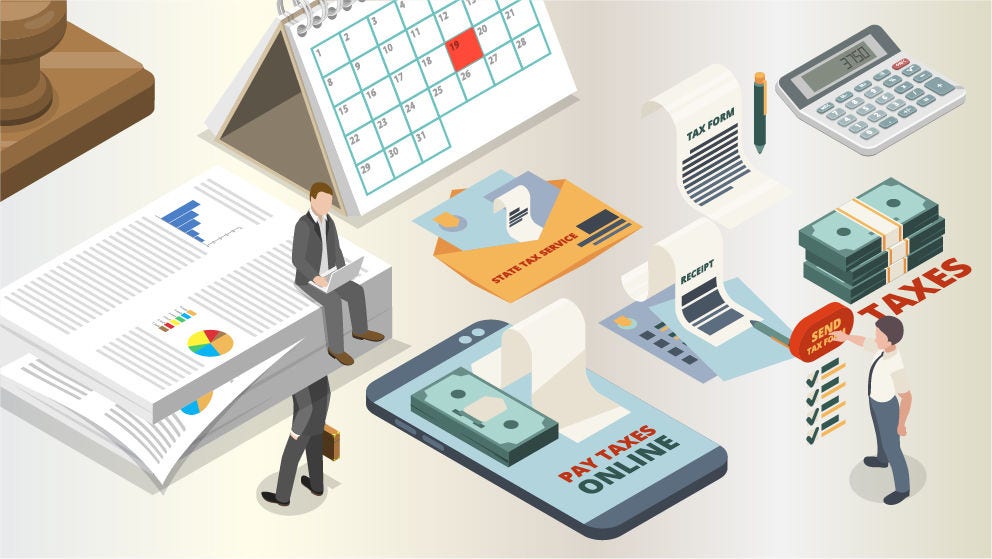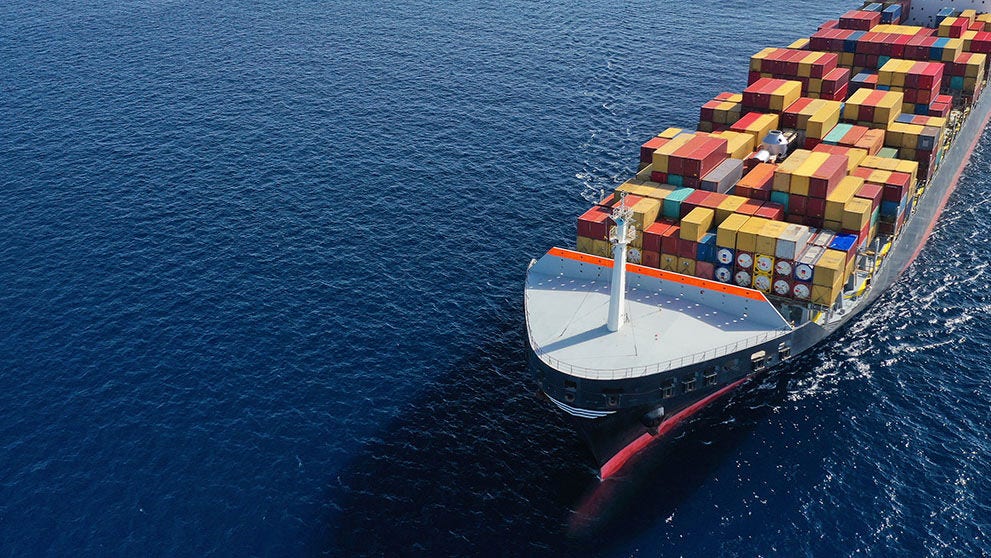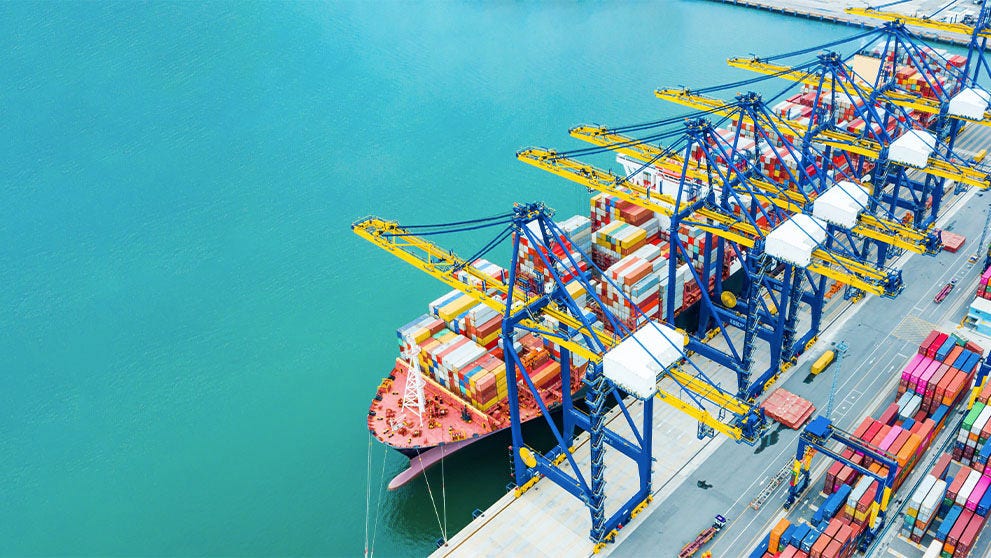
The trade relationship between South Korea and New Zealand has been steadily growing over the years. As of June 2022, two-way trade totalled US$6.52 billion, according to New Zealand Foreign Affairs & Trade. This makes South Korea the fifth largest export destination for goods and services.
New Zealand’s total shipping goods exported to South Korea were worth US$1.74 billion during 2022, with major exports including dairy products, eggs, honey, and other edible products, according to the United Nations COMTRADE database on international trade.
The main reason for these strengthened ties is mainly due to the Korea-New Zealand Free Trade Agreement (KNZFTA) signed in 2015. Import duties, taxes and tariffs on goods that are traded between the two countries are exempted, allowing an 80% increase in goods exports since then.
This Asian country is also increasingly becoming an even more valuable market for New Zealand products. Exporters are well-positioned to capitalise on fast-growing e-commerce opportunities in Korea, reports the New Zealand Foreign Affairs & Trade.
Looking to do international shipping from NZ to Korea? Here’s an ultimate guide to follow (customs clearance included) so your parcels and products are exported safely into the country without any potential shipping issues or delays.
1. Prepare the documents required for international shipping
When a shipment enters South Korea from New Zealand, it will clear customs through a formal or informal procedure depending on the value of the shipped goods and any regulations that may apply to them.
There are three different clearance procedures — Informal A, Informal B, and formal clearance:
Informal A: Refers to samples or items for personal use with a value up to US$150 (or US$200 for goods shipped from the United States (US)). Documents required for internal shipping include an air waybill, commercial invoice, and Personal Customs Clearance Code (PCCC) or date of birth of the importer.
Informal B: Refers to goods with a value over US$150 (or US$200 for goods shipped from the US), but less than US$2,000, electronics when more than one item per person is shipped, and regulated goods. Documents required for internal shipping include an air waybill, commercial invoice, PCCC or resident registration number (RRN), and preferential statement.
Formal clearance: Refers to foods with a value above US$2,000, electronics when more than one item per person is shipped, and regulated goods. Documents required for internal shipping include an air waybill, commercial invoice, PCCC or RRN, and preferential statement.
Regulated goods may also require additional documentation, which will be covered subsequently. Companies should be mindful of all documentation and labelling requirements when preparing shipments if they wish to minimise delays at customs when importing into South Korea.
2. Be aware of the products that need to be certified
As a New Zealand exporter of cosmetics, drugs, electronics, foods, food supplements, or medical devices, you’ll need your products to be certified by the South Korean authorities:
Chemicals: The importer must provide a Material Safety Data Sheet (MSDS) and Confirmation of Chemical Substances. For products classified as hazardous chemical substances, remember to include an Import Permit issued by the local Environment Office.
Electronics: The receiver must hold an import licence to be able to receive electronics in South Korea. Importers must provide an Electrical Appliances Safety Certificate and apply for import approval through the e-customs system UNI-PASS.
Medication and supplements: Include the generic substance name, conditions to be treated, and recommended dosage. They must be certified by the Ministry of Food and Drug Safety (MFDS).
Medical devices: Similarly, they must be certified by the MFDS. Exporters are exempt from regulations if these medical devices are licensed foreign products that cannot be replaced by a South Korean equivalent or a device that will be used for an emergency patient according to Article 2 of the Emergency Medical Service Act in South Korea.
3. Take note of prohibited and restricted imports
New Zealand companies looking to do business in South Korea must be aware of the current import regulations in place.
The list of prohibited items when doing international shipping to South Korea includes:
Items that contain confidential information on government or intelligence activities.
Counterfeit, forged, or fake money, bank notes, bonds and other securities.
Books, photos, films and other items of similar nature that are in violation of constitutional orders, or may be harmful to public peace and customs.
Meanwhile, the list of restricted items when shipping or sending parcels to Korea includes:
All weapons (including replicas and decorations) like guns and swords as well as gunpowder, explosives, toxins, etc.
Illegal drugs like opium, marijuana/cannabis, cocaine, etc.
Wildlife protected under the Convention on International Trade in Endangered Species (CITES) and products or materials made from these animals including but not limited to: medicines, handbags, wallets, stoles, taxidermy, and ivory from animals such as elephants, leopards, and alligators.
Means of payment in foreign currency (excluding promissory notes, bills of exchange, and letters of credit) or domestic currency (KRW) exceeding US$10,000
Cashier’s checks, overdraft checks, postal money orders, etc.
Travellers’ checks exceeding US$10,000 (must be declared to Customs upon arrival).
Precious metals (gold rings or necklaces used daily not included) and securities (Restricted import/export).
Goods subject to the Fisheries Act and the Rules on Migration and Approval of Marine Animals and Plants (Restricted export).
Goods that may threaten the quality of water resources and the growth of saplings for culturing.
Designated natural assets.
Goods subject to the laws on the treatment and movement of waste matter between countries (Restricted import/export).
Plants, fruits, and vegetables, and agricultural & forestry products (Restricted import/export).
Animal products (including meat, skin, fur), livestock, and animal fodder (Restricted import).


































